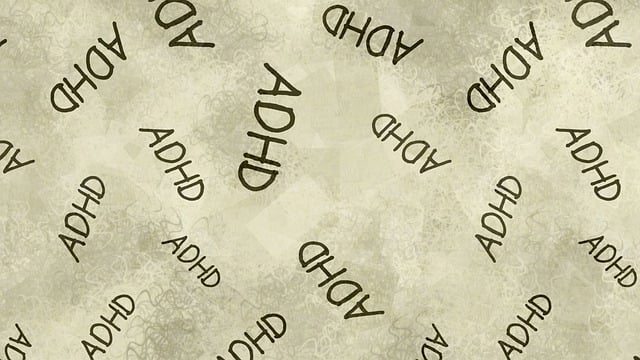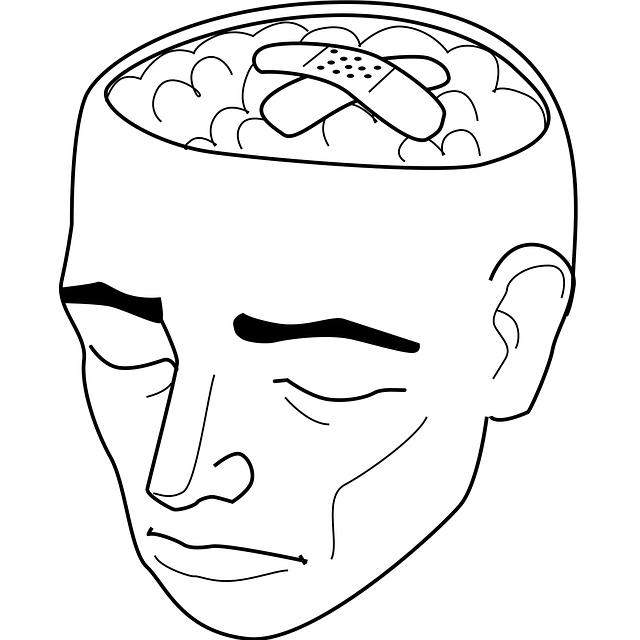Highlands Ranch OCD therapy takes a holistic approach to mood regulation, addressing complex thought-feeling-behavior interactions. Using evidence-based techniques like CBT and mindfulness, therapists help clients manage anxiety, develop positive thinking, and identify triggers. Cultural competency training ensures personalized support, while the Mental Wellness Podcast Series enhances self-awareness. This comprehensive strategy aims for lasting mood stabilization, trauma resolution, and improved emotional resilience in daily life.
In the pursuit of emotional well-being, understanding and managing mood regulation is paramount. This article explores effective strategies for maintaining emotional balance, with a special focus on individuals navigating Highlands Ranch Obsessive Compulsive Disorder (OCD) therapy. We delve into the intricacies of mood swings associated with OCD and present practical techniques to stabilize emotions. Additionally, we highlight the transformative power of therapy in fostering long-term mood stabilization, offering insights that can significantly enhance one’s journey towards mental resilience.
- Understanding Mood Regulation: Unraveling Emotional Balance
- Strategies for Managing OCD-Related Mood Swings
- The Role of Therapy in Long-Term Mood Stabilization
Understanding Mood Regulation: Unraveling Emotional Balance

Understanding Mood Regulation is a crucial step towards achieving emotional balance. In Highlands Ranch Obsessive Compulsive Disorder Therapy (OCD), professionals focus on identifying and addressing the root causes of mood fluctuations, which often stem from complex interplay between thoughts, feelings, and behaviors. By delving into these dynamics, therapists help clients develop effective strategies to manage their emotions more adaptively.
Anxiety Relief and fostering Positive Thinking are key components of this process. Through various therapeutic techniques, individuals learn to recognize triggers for negative moods and gain tools to navigate them constructively. The Mental Wellness Podcast Series Production can also play a significant role in promoting self-awareness and understanding of emotional patterns, ultimately contributing to improved mental wellness.
Strategies for Managing OCD-Related Mood Swings

Managing OCD-related mood swings can be a challenging yet crucial aspect of Highlands Ranch Obsessive Compulsive Disorder (OCD) therapy. These sudden shifts in emotion, often triggered by intrusive thoughts and compulsions, can significantly impact an individual’s daily life. A comprehensive approach to mood regulation involves both psychological interventions and self-care strategies tailored to each person’s unique experience.
Cognitive Behavioral Therapy (CBT), for instance, equips individuals with tools to challenge negative thought patterns and reduce the urge to engage in compulsive behaviors. Encouraging patients to recognize and disrupt these cycles is essential. Additionally, healthcare providers skilled in OCD treatment, with potential Cultural Competency Training, can offer tailored support. Mood management techniques such as mindfulness practices and stress reduction strategies are integral parts of the therapy process. Moreover, fostering open communication with a mental health professional ensures that individuals receive guidance suitable for their specific needs, addressing not just symptoms but also underlying factors contributing to mood swings.
The Role of Therapy in Long-Term Mood Stabilization

In the journey towards long-term mood stabilization, therapy plays a pivotal role, offering more than just short-term relief. Highlands Ranch Obsessive Compulsive Disorder (OCD) Therapy focuses on identifying and addressing underlying causes, which is crucial for managing mood disorders effectively. Through evidence-based practices, therapists help individuals develop coping strategies to navigate emotional challenges. This includes learning conflict resolution techniques to manage intense feelings, a skill that proves invaluable in various aspects of life.
The therapeutic process also involves exploring past experiences, especially those related to trauma, as they often contribute to mood instability. Trauma support services within the therapy setting provide a safe space for individuals to process and heal from these events. Additionally, healthcare provider cultural competency training ensures that therapists can offer tailored care, considering the unique needs and perspectives of diverse clients. This comprehensive approach not only stabilizes moods but also empowers individuals to lead fulfilling lives with enhanced emotional resilience.
Mood regulation is a vital aspect of mental well-being, especially for those managing conditions like Highland Ranch Obsessive Compulsive Disorder (OCD). By understanding emotional balance and employing evidence-based strategies, individuals can effectively navigate mood swings. Combining these practices with professional therapy offers a comprehensive approach to long-term mood stabilization, allowing for improved quality of life. Through tailored interventions, individuals can gain control over their emotions, fostering resilience and a deeper sense of equilibrium.











